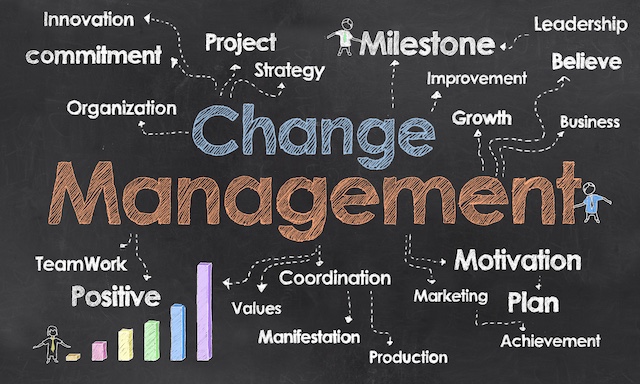Exploring Rotational Training: A Path to Comprehensive Development
Rotational training is a developmental approach that organizations use to provide employees with hands-on experience in various departments or roles within the company. This program allows individuals to rotate through different positions over a set period, helping them develop a diverse skill set and a broader understanding of the business.
Often employed for leadership development, rotational training enables employees to gain insights into different aspects of the company’s operations. This exposure enhances their decision-making, problem-solving, and strategic thinking abilities. By offering a comprehensive view of the organization, rotational training cultivates more versatile and effective employees.
The Importance of Rotational Training in Business Development
Rotational training is a valuable approach for businesses aiming to develop well-rounded and adaptable employees who can contribute across various areas of the organization. By allowing employees to experience different roles, companies equip their workforce with a comprehensive understanding of the business. This broad knowledge enables employees to make more informed decisions, as they can see how each department or function impacts the overall success of the organization. Whether through insights gained in marketing, operations, finance, or customer service, rotational training promotes a deeper appreciation of how each role interconnects, leading to enhanced collaboration and teamwork.
One of the primary benefits of rotational training is its ability to cultivate leadership skills. As employees rotate through various positions, they are exposed to different challenges, problem-solving techniques, and management styles. This experience enhances their strategic thinking and their ability to manage cross-functional teams. Additionally, rotational training allows employees to develop a diverse set of skills essential for leadership roles, including communication, conflict resolution, and decision-making. It prepares them for higher-level responsibilities by providing practical experience in different aspects of the business, making them more effective leaders when the opportunity arises.
Moreover, rotational training helps improve employee retention and engagement. By offering opportunities for growth and variety within the organization, employees remain motivated and avoid job stagnation. Instead of feeling confined to a single role, they can explore different career paths within the company. This not only keeps them engaged but also enhances job satisfaction, as they can see a clear path for advancement and skill development. Companies that invest in rotational training often notice higher levels of employee loyalty and lower turnover rates, as employees feel valued and supported in their career growth.
Rotational training also plays a crucial role in succession planning and talent development. By identifying high-potential employees early on and providing them with diverse experiences, businesses can groom them for future leadership positions. This proactive approach ensures that the company has a pipeline of capable leaders ready to step into key roles as they become available. By having employees with a deep understanding of the organization’s various functions, businesses can promote from within, ensuring continuity and reducing the risk of disruption caused by leadership changes.
In conclusion, rotational training is essential for developing versatile, engaged, and future-ready employees. It provides companies with a strategic advantage by fostering cross-functional knowledge, leadership capabilities, and employee loyalty. Through this dynamic training approach, businesses not only enhance individual performance but also build a stronger and more resilient workforce prepared to meet the challenges of tomorrow.




